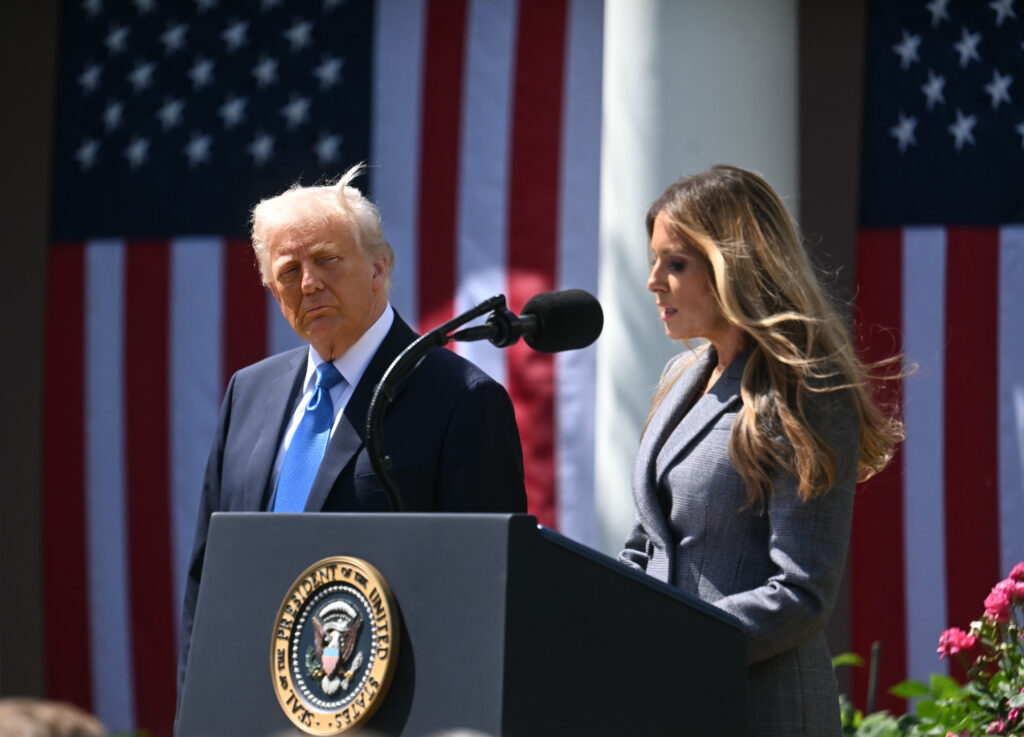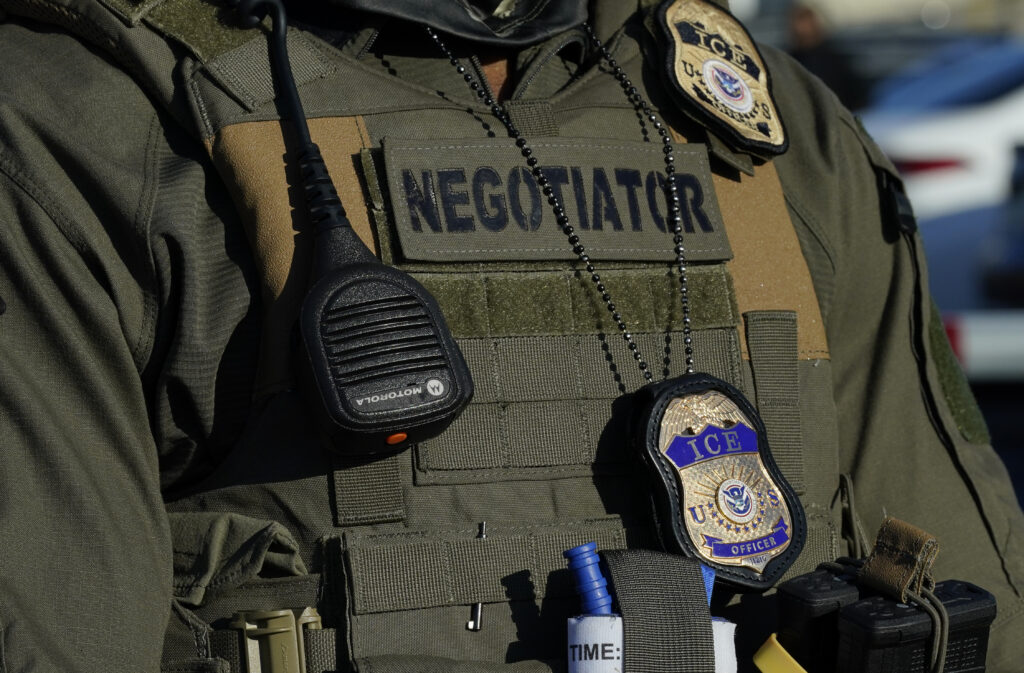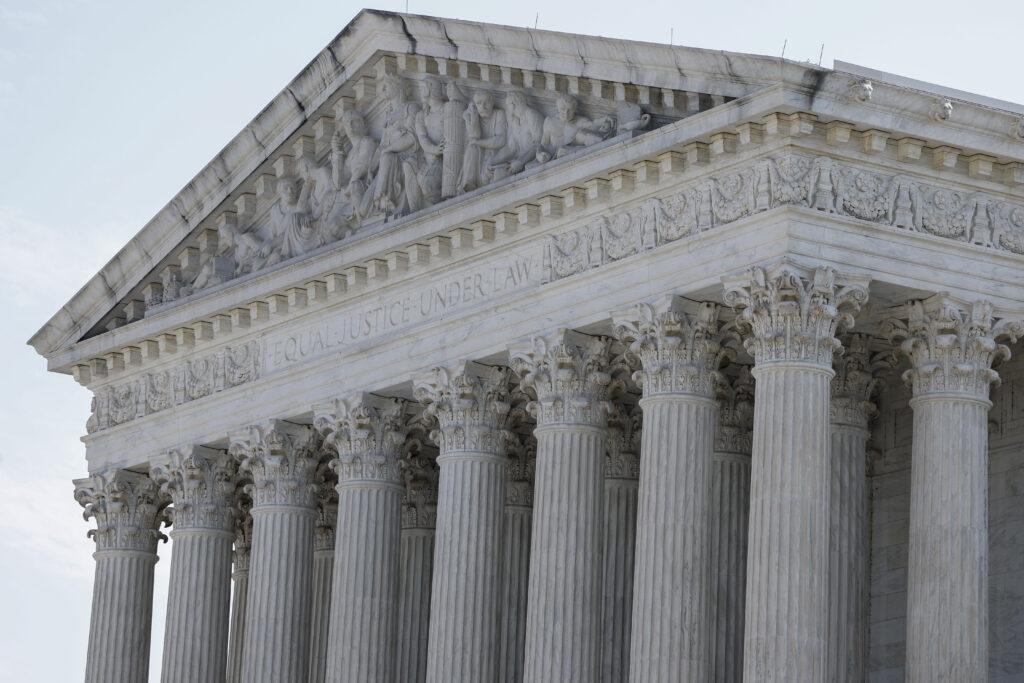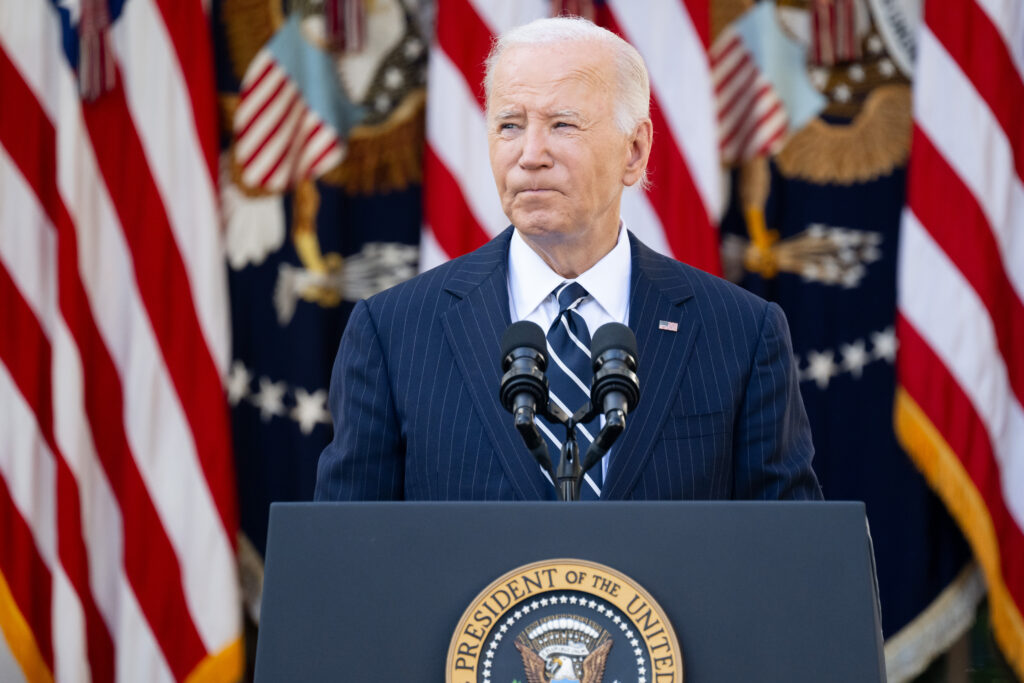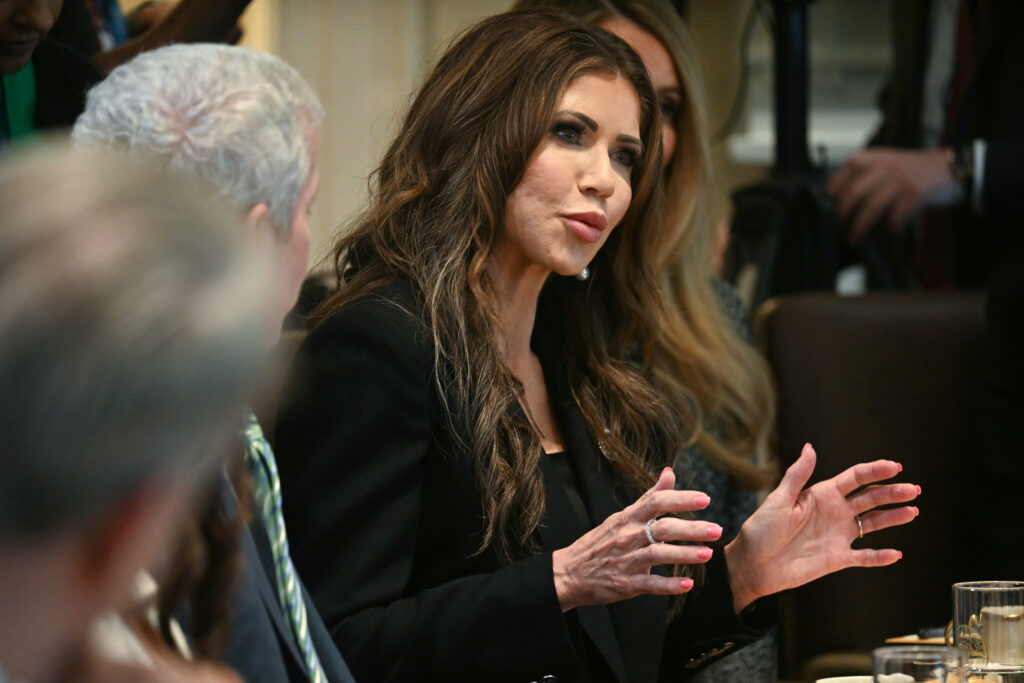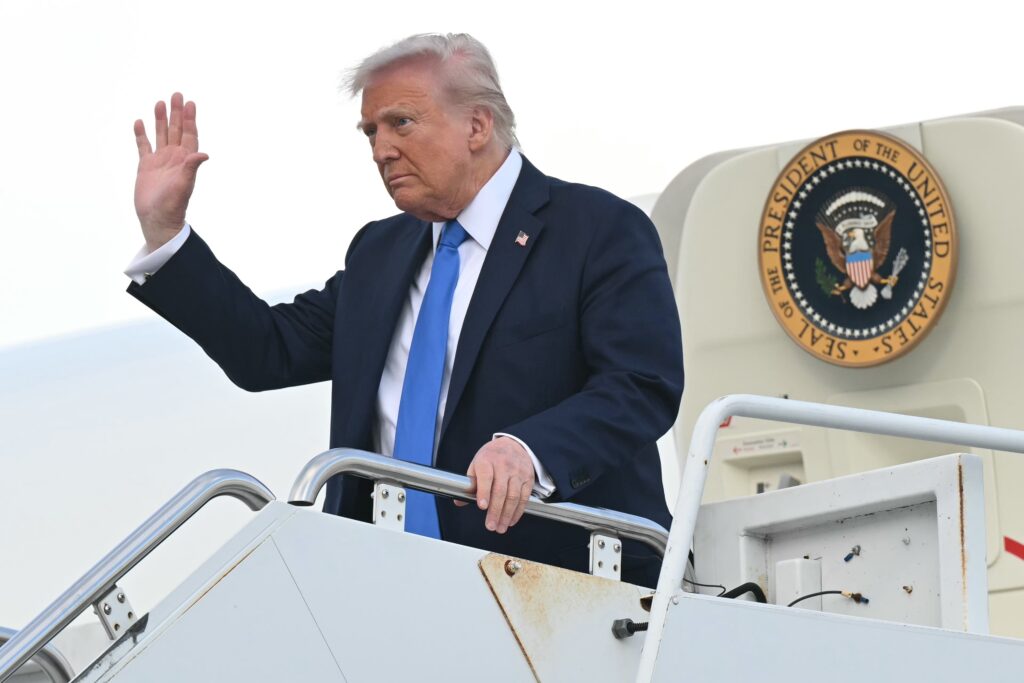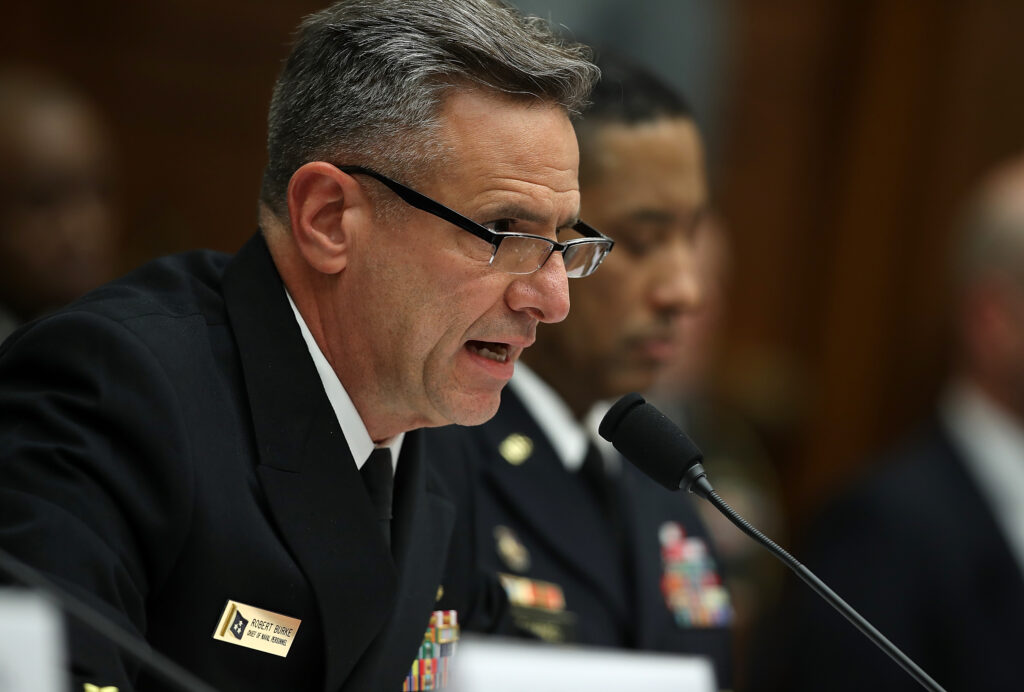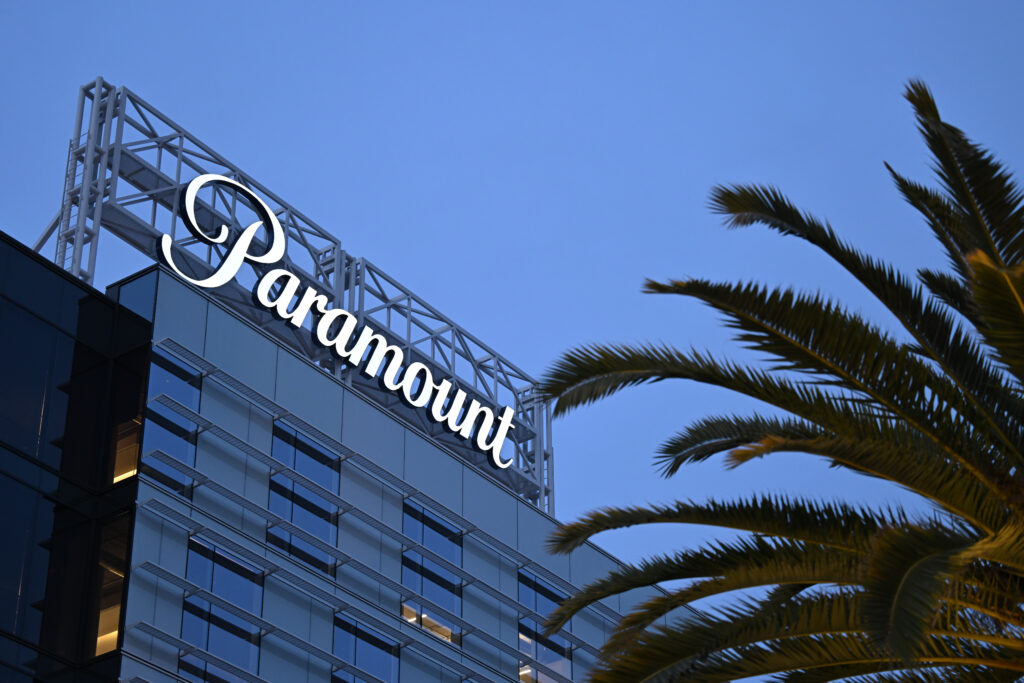Trump signs bill outlawing ‘revenge porn’
US President Donald Trump signed a bill on Monday making it a federal crime to post “revenge porn” — whether it is real or generated by artificial intelligence.The “Take It Down Act,” passed with overwhelming bipartisan congressional support, criminalizes non-consensual publication of intimate images, while also mandating their removal from online platforms.”With the rise of AI image generation, countless women have been harassed with deepfakes and other explicit images distributed against their will,” Trump said at a signing ceremony in the Rose Garden of the White House.”And today we’re making it totally illegal,” the president said. “Anyone who intentionally distributes explicit images without the subject’s consent will face up to three years in prison.”Websites that fail to remove the images promptly, within 48 hours, will face civil liabilities, Trump said.First Lady Melania Trump endorsed the bill in early March and attended the signing ceremony in a rare public White House appearance.The First Lady has largely been an elusive figure at the White House since her husband took the oath of office on January 20, spending only limited time in Washington. In remarks at the signing ceremony, she described the bill as a “national victory that will help parents and families protect children from online exploitation.””This legislation is a powerful step forward in our efforts to ensure that every American, especially young people, can feel better protected from their image or identity being abused,” she said.Deepfakes often rely on artificial intelligence and other tools to create realistic-looking fake videos.They can be used to create falsified pornographic images of real women, which are then published without their consent and proliferate.Some US states, including California and Florida, have laws criminalizing the publication of sexually explicit deepfakes, but critics have voiced concerns the “Take It Down Act” grants the authorities increased censorship power.The Electronic Frontier Foundation, a nonprofit focused on free expression, has said the bill gives “the powerful a dangerous new route to manipulate platforms into removing lawful speech that they simply don’t like.” The bill would require social media platforms and websites to have procedures in place to swiftly remove non-consensual intimate imagery upon notification from a victim.- Harassment, bullying, blackmail -An online boom in non-consensual deepfakes is currently outpacing efforts to regulate the technology around the world due to a proliferation of AI tools, including photo apps digitally undressing women.While high-profile politicians and celebrities, including singer Taylor Swift and Democratic congresswoman Alexandria Ocasio-Cortez, have been victims of deepfake porn, experts say women not in the public eye are equally vulnerable.A wave of AI porn scandals have been reported at schools across US states with hundreds of teenagers targeted by their own classmates.Such non-consensual imagery can lead to harassment, bullying or blackmail, sometimes causing devastating mental health consequences, experts warn.Renee Cummings, an AI and data ethicist and criminologist at the University of Virginia, said the bill is a “significant step” in addressing the exploitation of AI-generated deepfakes and non-consensual imagery.”Its effectiveness will depend on swift and sure enforcement, severe punishment for perpetrators and real-time adaptability to emerging digital threats,” Cummings told AFP.At least one mother hailed the new legislation as a step in the right direction.”It’s a very important first step,” Dorota Mani told AFP on Monday, calling it at “very powerful bill.”As the mother of a young victim, Mani said she felt empowered because “now I have a legal weapon in my hand, which nobody can say no to.”
